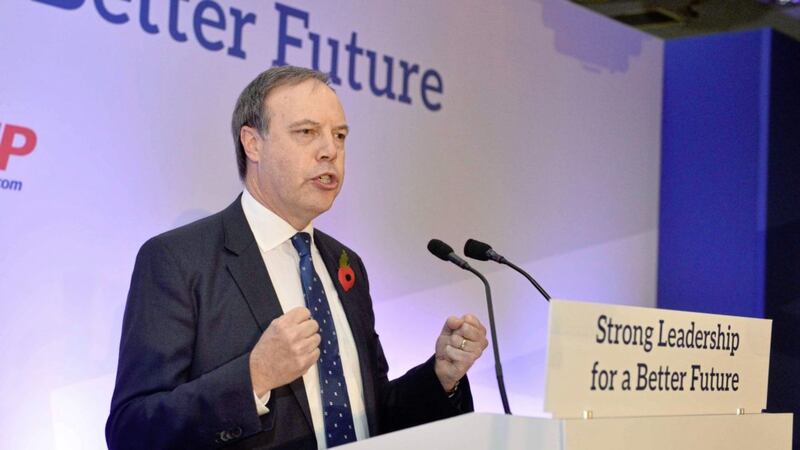THE perennial unionist seat in north Belfast could be in jeopardy for the first time in June's general election, as nationalist and remain forces consider an electoral pact.
Neither the SDLP nor Sinn Féin have ruled out forming a coalition in an attempt to return an anti-Brexit MP in the constituency - one where nationalists were less than 200 votes shy of unionists in last month's assembly election.
On March 2, SDLP and Sinn Féin's candidates garnered a combined total of 17,635 first preference votes compared to the DUP, UUP and PUP's 17,780.
In June’s referendum vote, the constituents of north Belfast voted to remain within the EU by a narrow margin of just 284 ballots, while Northern Ireland as a whole voted to remain in the EU by 56 to 44 per cent.
Furthermore, the Green Party has stated that they are open to the idea of an anti-Brexit alliance with the other pro-Remain parties, which, going by last month’s result could mean several hundred extra votes for any such coalition in North Belfast.
Since 2001, the MP for the area has been the DUP’s deputy leader Nigel Dodds, a staunch Brexiteer.
North Belfast has never failed to a return unionist candidate since the seat was was created and the 2015 election saw Mr Dodds top the poll with just over 19,000 votes thanks to a unionist pact.
Second place belonged Sinn Féin stalwart Gerry Kelly with 13,770 ballots, followed by the SDLP's Alban Maginness with 3,338.
When asked whether the SDLP would join forces with Sinn Féin, a spokesperson said the party’s leader Colum Eastwood had "opened the debate" on forming an anti-Brexit alliance.
"This would be a new initiative aimed at setting traditional differences aside with a view to maximising the pro-Europe vote," he said.
"Fifty-six per cent of people here voted to remain, we should not return more pro-Brexit MPs. Discussions have not yet reached constituency level detail."
Likewise, a Sinn Féin spokesperson said the party is eager to maximise the anti-Brexit, anti-austerity, and pro-rights vote, however no firm decisions had been made as of yet.
"Michelle O'Neill invited the other party leaders to meetings today to discuss that," the spokesperson said.
"These are preliminary discussions and we are exploring the possibilities of achieving a progressive alliance in this election. Those talks will continue over the course of the week."
Speaking after the meetings, Mr Kelly said: "We met with the other parties today to discuss ways to maximise the anti-Brexit, anti-austerity, pro-rights vote".
"These are preliminary discussions and we are exploring the possibilities of achieving a progressive alliance in this election and those talks will continue," he said.
Meanwhile, the Green Party also began talks with other pro-remain parties yesterday and they are expected to conclude meetings today, after which they are to outline their position.








